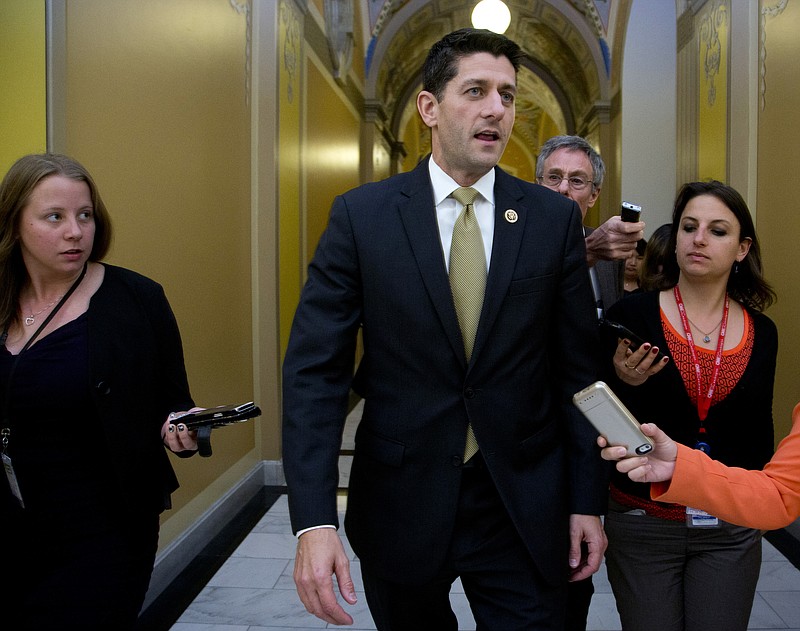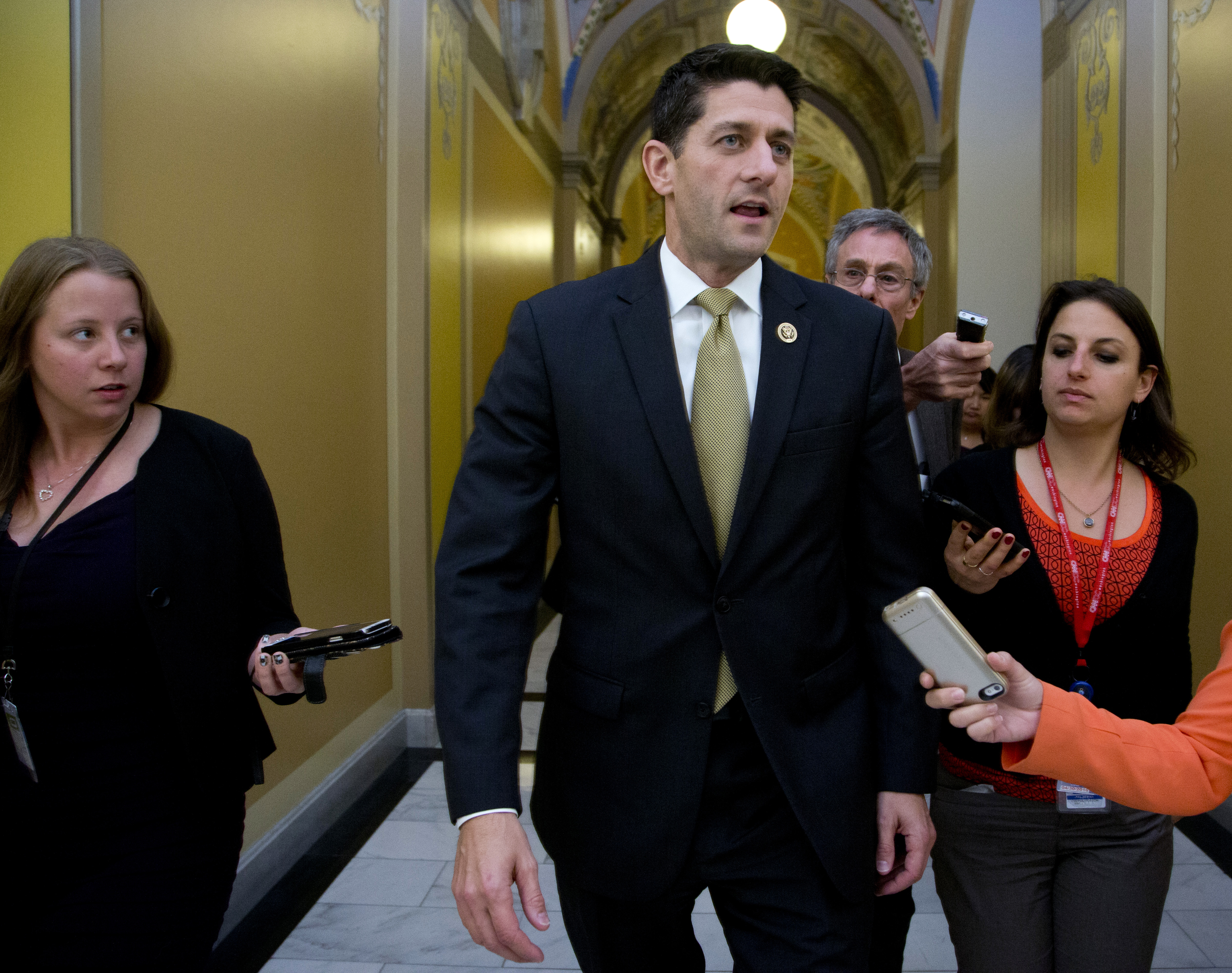The good news is the U.S. House has forged a budget agreement. The bad news is the U.S. House has forged a budget agreement.
In a two-year deal that is likely to pass as soon as today, with many Republicans in opposition and some holding their nose, the deal averts a government shutdown, raises the debt ceiling and increases spending by $80 billion over two years.
If that sounds like music to the ears of President Obama, who as a senator chastised former President George W. Bush twice for raising the debt ceiling, it is. He and congressional Democrats wanted to raise the debt ceiling and increase spending - even though the 2011 sequestration spending caps had brought the deficit down - and were ready to blame Republicans if the government was shut down.
The consolation prizes for Republicans are increased defense spending and scattered mini-reforms to Social Security and Medicare. The new spending also is supposed to be offset by, among other things, sales from the strategic petroleum reserve, use of public airwaves for telecommunications companies and changes to the crop insurance program. However, such moves rarely end up balancing the spending they are supposed to offset.
For Republicans, the agreement also clears the decks for the nomination of U.S. Rep. Paul Ryan, R-Wis., as speaker of the House. Outgoing Speaker John Boehner wanted the budget deal to be off the table when he retires later this week. In helping put together the agreement, though, he further alienated some members who said the deal was only leader-led, did not include committee chairpersons and gave away too much.
Ryan, who was not involved in the deal, did not criticize it but said the process for putting it together "stinks" and vowed a more open system if he is elected.
U.S. Rep. Chuck Fleischmann, R-Chattanooga, echoed a similar sentiment.
"While this bill addresses many issues that need to be dealt with," he said via email, "I strongly disagree with how this agreement was reached. Rather than coming through regular order in the House, this bill was crafted without input of the majority of our members. I am hopeful that as the House moves into a new era that we will see more openness and collaboration throughout the entire Congress."
For both parties, the agreement also will take the budget off the table for the 2016 presidential election.
However, conservative Republicans contend, rightly, that a higher debt ceiling and more spending is not what they were sent to Washington - overwhelmingly in off-year elections in 2010 and 2014 - to oversee. Whether Democrats or Republicans lead Congress, they charge, the federal budget continues to expand.
Yet, said Sen. Johnny Isakson, R-Ga., "it's better than no deal at all."
Many House members are beginning to wonder if that's so.

